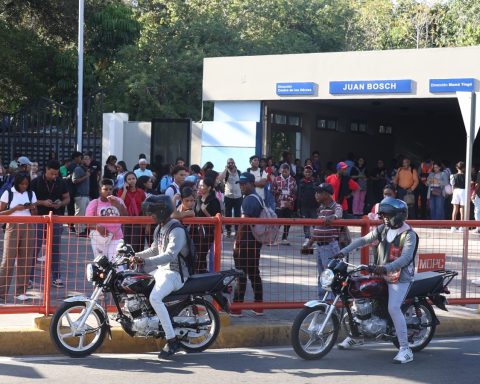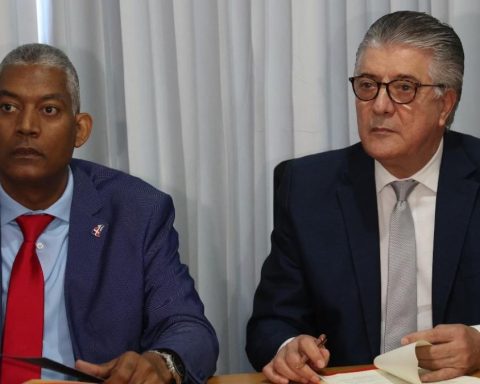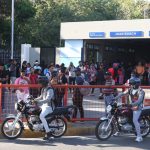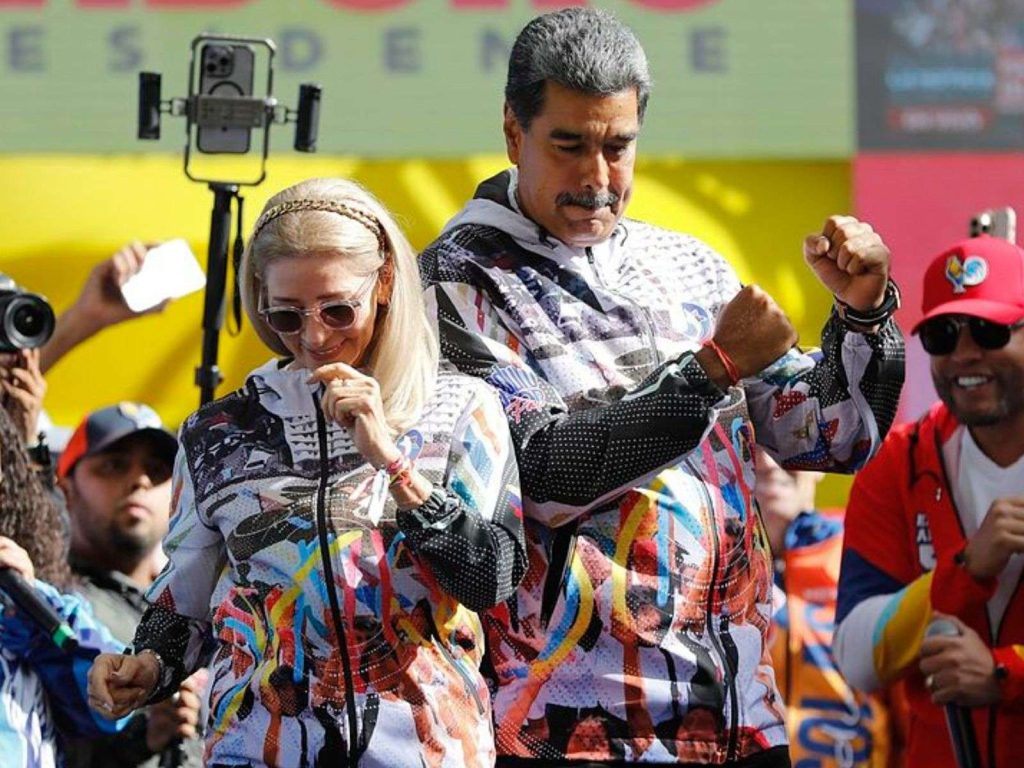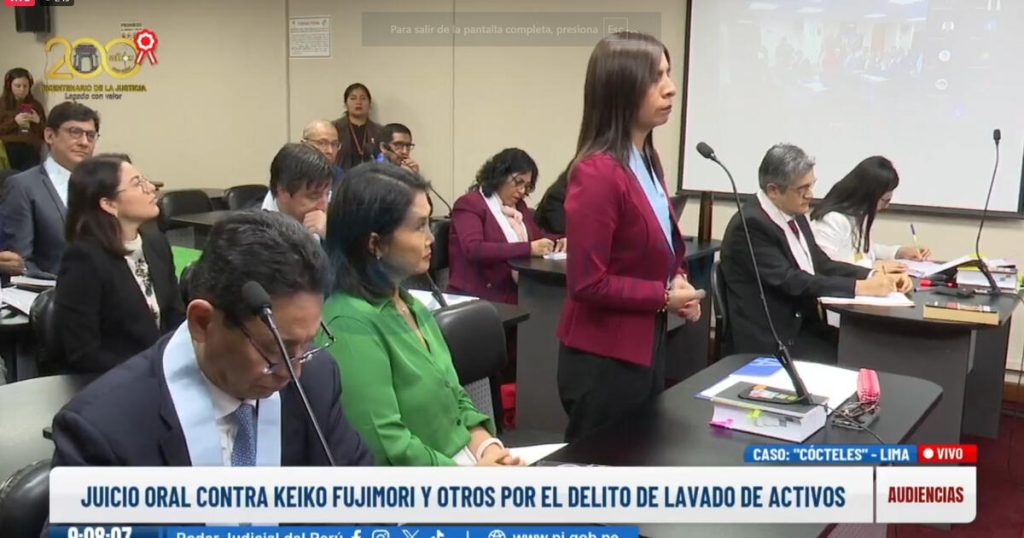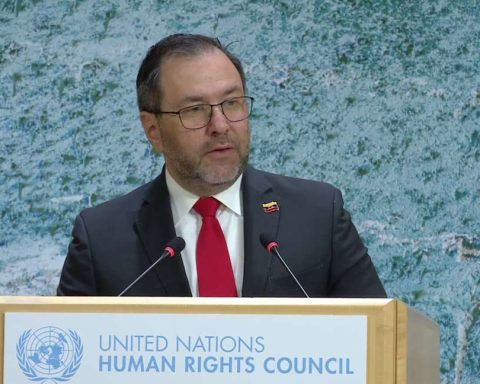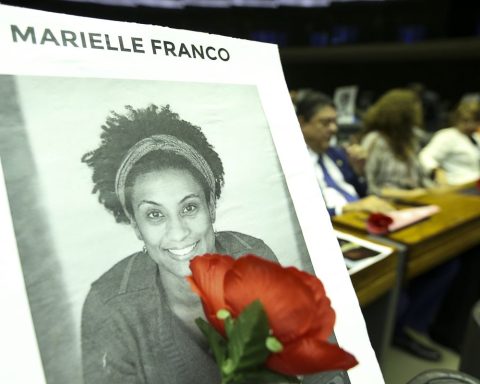Santo Domingo.- The United Nations Children’s Fund (UNICEF) The Dominican Republic warned on Sunday that the draft of a new Penal Code being studied by the National Congress (bicameral) of the Dominican Republic “suggests” exercising violence against children, which contradicts the Convention on the Rights of the Child, of which the country is a signatory.
UNICEF Deputy Representative in Santo Domingo, Anyoli Sanabria, said that Article 123 of the draft Penal Code “suggests to Dominican society that violence against children and adolescents in the home is permitted as long as it does not represent a ‘pattern’ and is not ‘repeated.’”
According to the diplomat, who presented her arguments in a document, this interpretation ends up imposing the burden of proof on the victim in order to obtain protective or penal measures, since in addition to proving the violence, they must also prove the repetition of the conduct.
You may also like: DR needs greater commitment to reduce child labor, says Unicef
He pointed out that “the social message that this article conveys is essentially harmful to children, since it authorizes the use of violence, merely limiting its recurrence.”
According to Unicef, after analyzing Dominican and international statistics, “we can say that the most frequent victims will be the youngest children and those with a disability,” said Sanabria.
She recalled that it is necessary to ensure compatibility between Article 19 of the Convention on the Rights of the Child and the Penal Code, since the aforementioned article invites signatory States to make every effort to protect girls, boys and adolescents against all types of violence.
“UNICEF’s request is not new. In 2023, the Committee on the Rights of the Child recommended that the Dominican State expressly prohibit and eliminate corporal punishment, both in law and in practice, in all settings, including the home, alternative care centers and daycare centers,” recalled the deputy representative.
In this regard, he stated that this recommendation was accepted by the country’s delegation in Geneva, Switzerland, led by the Ministry of Foreign Affairs and the National Council for Children and Adolescents (Conani), “for recognizing the debt of the Dominican nation in relation to the harmonization of its legal framework with the best international practices to protect children and adolescents against violence.”
Sanabria explained that these points were explained by Unicef to the special commission of the Dominican Chamber of Deputies that is studying the draft of a new Penal Code, which has already been approved by the Senate.
This project is also questioned by feminist and other civil society organizations because it does not include the three reasons that they require for abortion, which maintains the criminalization of this practice.

